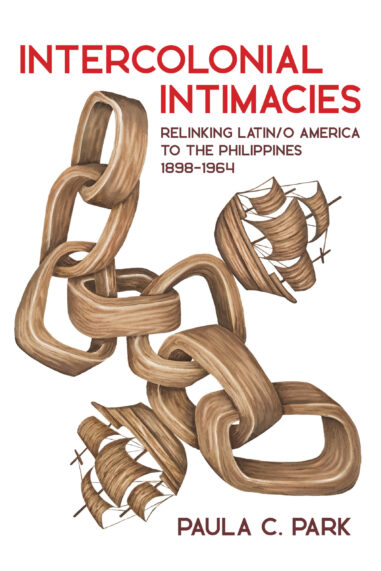As a nation, the Philippines has a colonial history with both Spain and the United States. Its links to the Americas are longstanding and complex. Intercolonial Intimacies interrogates the legacy of the Spanish Empire and the cultural hegemony of the United States by analyzing the work of twentieth-century Filipino and Latin/o American writers and diplomats who often read one other and imagined themselves as kin. The relationships between the Philippines and the former colonies of the Spanish Empire in the Americas were strengthened throughout the twentieth century by the consolidation of a discourse of shared, even familiar, identity. This distinct inherited intercolonial bond was already disengaged from their former colonizer and further used to defy new forms of colonialism. By examining the parallels and points of contact between these Filipino and Latin American writers, Paula C. Park elaborates on the “intercolonial intimacies” that shape a transpacific understanding of coloniality and latinidad.


